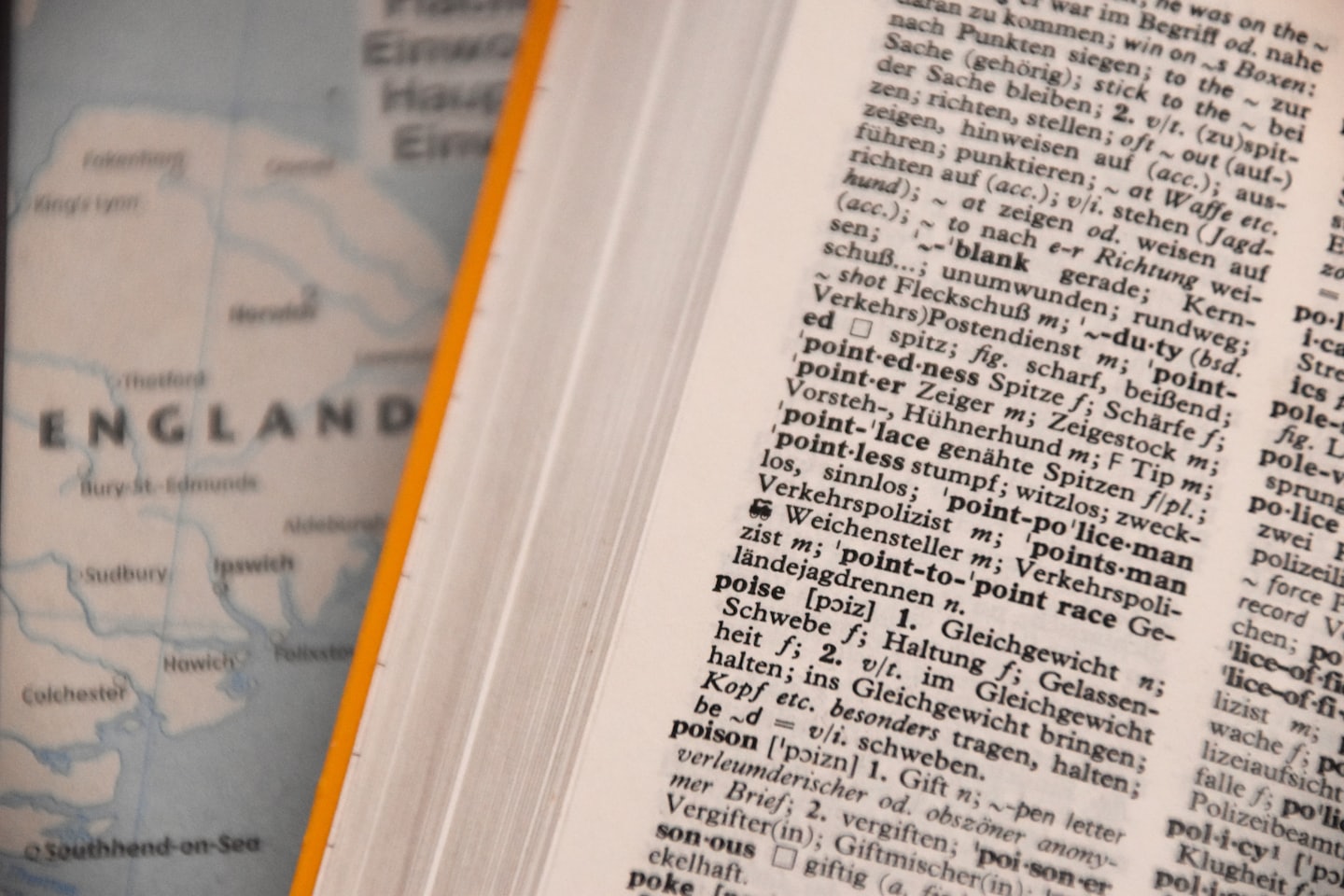If you’ve ever paused mid-sentence and thought, “Wait… is it affect or effect?”—welcome to the club. These two words look alike, sound alike, and live in the same neighborhood of the dictionary. No wonder they confuse even seasoned writers! But don’t worry—by the end of this post, you’ll be able to tell them apart without breaking a sweat.
Meet the Grammar Twins
Affect (with an A)
Most of the time, affect is a verb—an action word.
It means to influence or change something.
- The weather can affect your mood.
- Not getting enough sleep will affect your energy.
Think: A = Action = Affect.
Effect (with an E)
Most of the time, effect is a noun—a thing or a result.
It means the outcome or consequence of something.
- The new law had a big effect on traffic.
- Her smile had a calming effect on the room.
Think: E = End result = Effect.
A Quick Trick to Remember
👉 Affect = Action (verb)
👉 Effect = End result (noun)
Or, if you like a silly saying:
“Your actions (affect) cause effects.”
But Wait, There’s a Plot Twist…
Because English likes to keep things interesting, both words have rare alternate uses:
- Effect can also be a verb, meaning to bring about:
- The manager hoped to effect change in the company.
- Affect can be a noun in psychology, meaning emotion:
- The patient displayed a flat affect.
But unless you’re writing a psychology paper or a formal report, stick to the basic rule: affect = verb, effect = noun.
Classroom Activity
Create short social posts with science or mood examples (The rain really effected my day). Students fix them, then write one original example post using the correct word.
CCSS
L.6.4d (Verify meaning of words/phrases using context).


Final Thought
If these two trip you up, you’re not alone. Just remember: Affect = Action, Effect = End result. With that simple rule in mind, you’ll never let them affect your confidence—or muddle the effect of your writing—again!


Leave a Reply